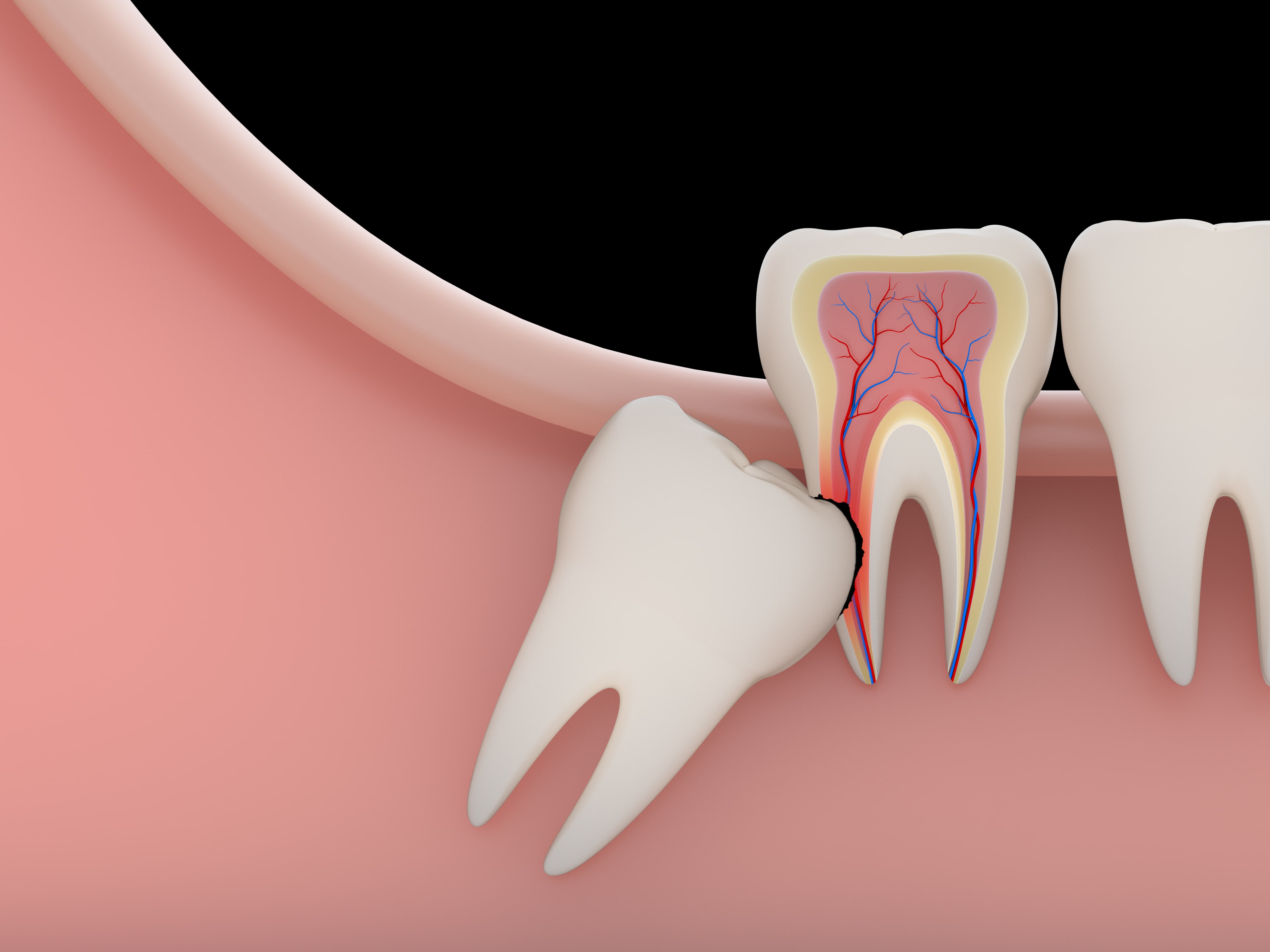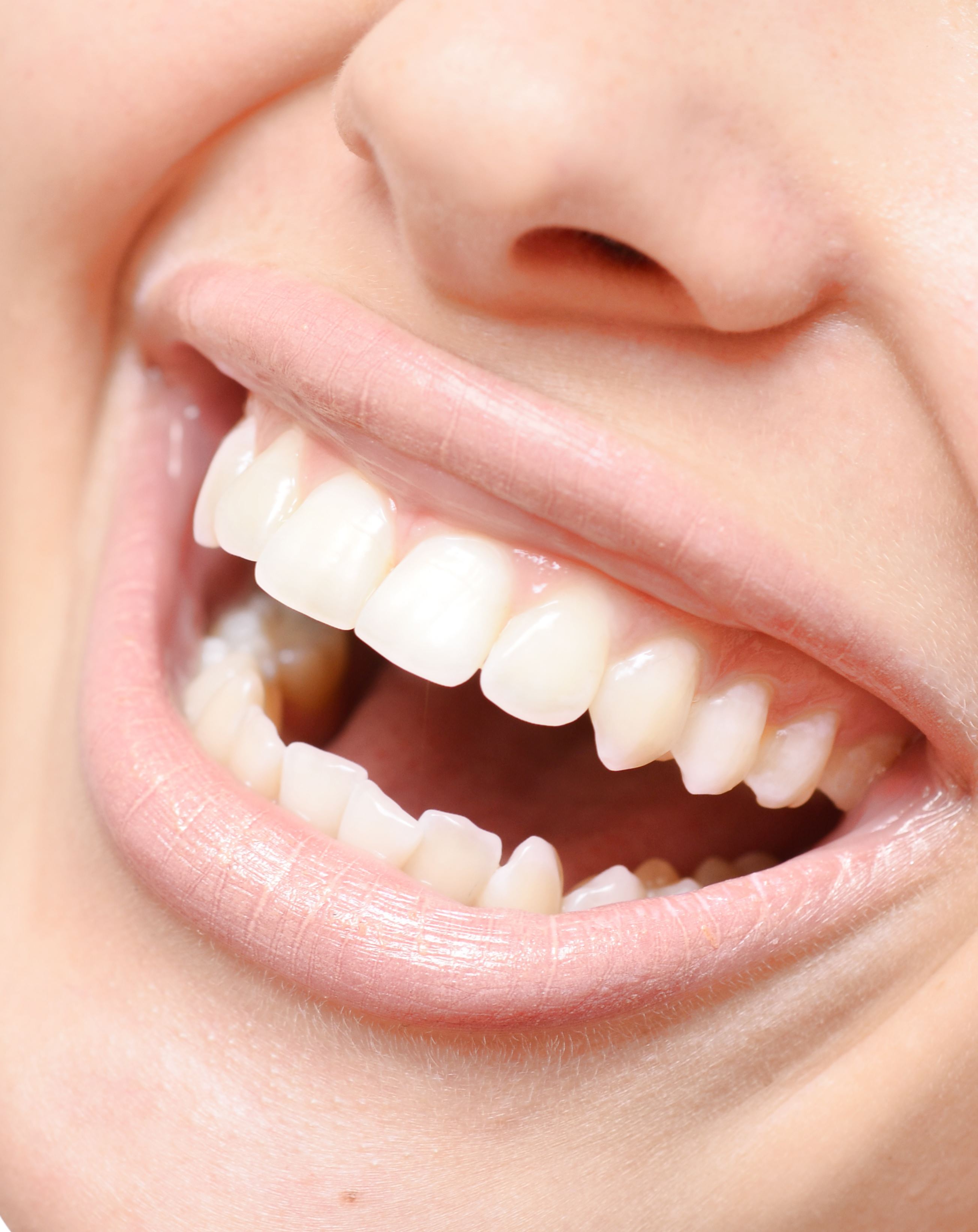781 Centre Road, East Bentleigh, VIC 3165
-
Mon- Fri 8am – 5pm
It’s a well-known fact that soft drinks are addictive and can be harmful when consumed in excessive amounts. Yet what exactly makes them so addictive, especially for young kids whose teeth are still developing? Neuroscientists have concluded that the sugar, caffeine and carbonation of soft drinks are designed to deliver intense and addictive experiences that leave you wanting more. This blog post offers more information about the elements that make soft drinks so addictive.
The Sugar
Soft drinks contain large quantities of sugar which, when consumed, causes a ‘rush’ that is extremely addictive and leads to even bigger cravings. The reward centres of the brain are activated, releasing dopamine and other hormones to create a feeling of euphoria.
The Caffeine
Not all soft drinks contain caffeine, but those that do are even more addictive. Caffeine is a stimulant that not only increases alertness, but also activates the reward centres of the brain like sugar. When consumed alongside sugar regularly, people can develop an unhealthy dependence on them to function, and experience serious withdrawal effects such as headaches or tiredness if deprived.
The Carbonation
The fizz of soft drinks adds an element of acidity that causes an intense sensation, intensifying the euphoric feeling people experience when they drink them. The carbonation has the added effect of blunting the sweetness just enough to increase cravings and leave you wanting more.
The Ritual
People develop strong associations and emotional connections with the ritual of drinking soft drink. The simple act of opening a can and hearing the pop can be highly suggestible, creating feelings of desire and enticing people to drink them.
Make an Appointment at EBDG Today
Worried about cavities caused by too much soft drink? Make an appointment with the team at East Bentleigh Dental Group Today by calling (03) 9575 1100 or submitting an online enquiry.







